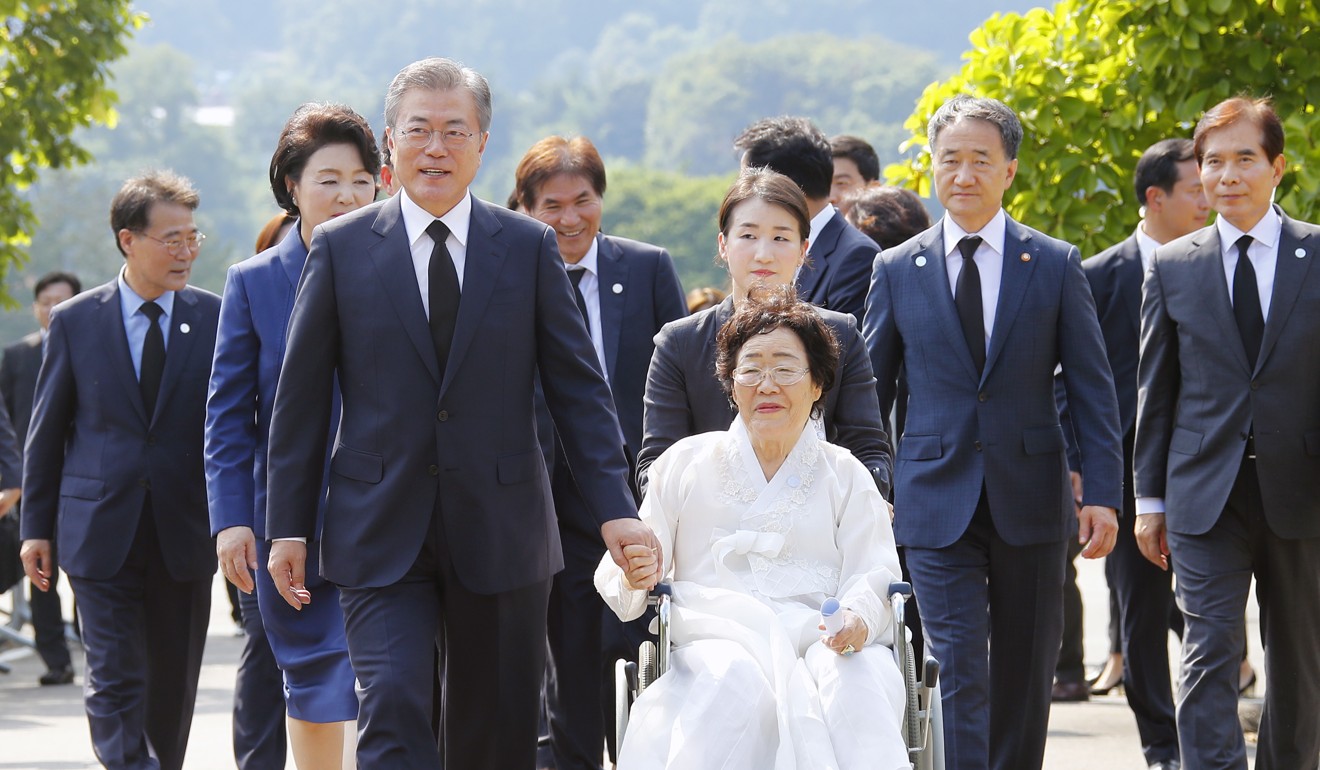
Letters | Japan’s neighbours cannot forgive until wartime misdeeds are sincerely regretted
- Its actions show Japan does not fully recognise its misdeeds from the second world war, which is why it will continue to face outrage
This outraged Koreans, who denounced Japan’s impudent attitude to its history. Many have criticised Japan for showing the ambition to revive imperialism. On social media, materials that slam Japan’s attitude on the flag have gone viral. But this is not the only thing for which Koreans condemn Japan.
Japan has yet to fully come to grips with its war crimes and sexual slavery of young girls in Korea and China in military brothels.

Japan also coerced Korean men into forced labour, leading them to work at mines in Hashima Island, where they toiled under poor working conditions, stayed in squalid rooms and were routinely beaten by the Japanese.
Japan’s attitude towards its past has caused frustration across Korea, igniting anti-Japanese sentiment. Germany continuously atones for its atrocities from the second world war, properly understanding its shameful history.
Such efforts have helped Germany to receive forgiveness, restoring its relationships with its neighbouring countries. Japan can never ask forgiveness for its crimes unless it offers a sincere apology, as Germany has done.
Da-Sol Goh, Seoul

